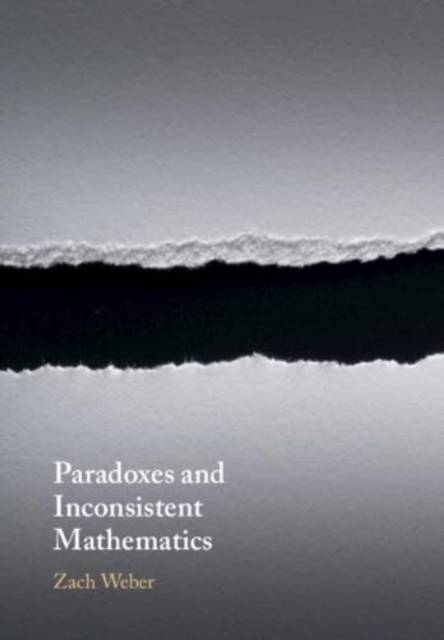
- Afhalen na 1 uur in een winkel met voorraad
- Gratis thuislevering in België vanaf € 30
- Ruim aanbod met 7 miljoen producten
- Afhalen na 1 uur in een winkel met voorraad
- Gratis thuislevering in België vanaf € 30
- Ruim aanbod met 7 miljoen producten
Zoeken
€ 50,45
+ 100 punten
Uitvoering
Omschrijving
Logical paradoxes - like the Liar, Russell's, and the Sorites - are notorious. But in Paradoxes and Inconsistent Mathematics, it is argued that they are only the noisiest of many. Contradictions arise in the everyday, from the smallest points to the widest boundaries. In this book, Zach Weber uses "dialetheic paraconsistency" - a formal framework where some contradictions can be true without absurdity - as the basis for developing this idea rigorously, from mathematical foundations up. In doing so, Weber directly addresses a longstanding open question: how much standard mathematics can paraconsistency capture? The guiding focus is on a more basic question, of why there are paradoxes. Details underscore a simple philosophical claim: that paradoxes are found in the ordinary, and that is what makes them so extraordinary.
Specificaties
Betrokkenen
- Auteur(s):
- Uitgeverij:
Inhoud
- Aantal bladzijden:
- 337
- Taal:
- Engels
Eigenschappen
- Productcode (EAN):
- 9781108995009
- Verschijningsdatum:
- 4/04/2024
- Uitvoering:
- Paperback
- Formaat:
- Trade paperback (VS)
- Afmetingen:
- 170 mm x 244 mm
- Gewicht:
- 539 g

Alleen bij Standaard Boekhandel
+ 100 punten op je klantenkaart van Standaard Boekhandel
Beoordelingen
We publiceren alleen reviews die voldoen aan de voorwaarden voor reviews. Bekijk onze voorwaarden voor reviews.











